Frequently Asked Questions
What's the first step to apply?
First, you must be enrolled at ACC. Please see this page for information about how to get started.
Can I submit an application even if not all my immunizations are complete?
No, the student must submit a copy of the immunizations record indicating completion of all required immunizations before submitting an application.
What if I had a criminal conviction as a juvenile-do I still have to report it?
Yes, the Board of Nursing requires you to reveal all eligibility issues. Please visit the Licensure Eligibility page for more information.
Can I receive any credit if I am currently a certified nurse aide?
No, we do not give credit or advanced placement for students who are certified nurse aides, however, those experiences will be valuable as you begin your skills and clinical courses.
Is there a waiting list?
Qualified students are given the next available space in a class; it is possible that the space will not be in the next admission class (see previous question).
What are the deadlines for applying?
Deadlines for consideration for Fall and Spring semesters are January 10th and June 1st respectively. The prospective student must take the TEAS V Differentiated Skills Examination prior to submission of an application to the program. The program, reviewing performance on the TEAS V examination, information session attendance, submission of an application and prior completion of science courses, uses a ranking system in which to consider prospective students for admission into the program.
If I reapply, do I need to complete the Information Session again?
Yes, the Information Session must be completed at the time the Reapplication Form is submitted, within a month of deferring or withdrawing, and only twice.
How many times can I defer starting the program if I am admitted?
Only twice. Please see the Application Process page for deferment restrictions.
Can a student attend the program on a part-time basis?
No. When a student is accepted, they are required to take and complete all courses in the level during the same semester.
How much can I work while I am in school?
While in the program, the student will have class or clinical three to four days a week (21-27 hours/week). In addition, the student will need to study and complete homework assignments. We encourage students to limit their working to less than 20 hours a week.
Is there financial aid assistance available?
Financial aid is available in the form of grants, loans, and scholarships. More information can be found on the Financial Aid page.
What times/days are classes and/or clinical?
The days and times of class and clinical depend on the level of the student. Most theory classes begin at 8 a.m. and may last to 5 p.m. Clinical times also vary and students are advised to set aside time from 6 a.m. until 9 p.m. as there are day, evening and weekend clinicals.
Can I select my clinical sites because of childcare and/or transportation issues?
Students are advised to have arrangements for childcare and transportation that would allow them to be at a clinical site as early as 5:30 a.m. Clinical sites are located across Austin, Round Rock, Buda, Kyle, and Georgetown. Clinical placements are made by the program based on the level of the student and the facility that is available, not by student request.
Do students have to have their own health insurance while in the nursing program?
Currently, students are required to provide proof of health insurance. Students can enroll in individual health coverage. More information can be found here.
What is the difference between Evening & Weekend program and the Traditional Daytime program?
- The Evening & Weekend Program gives the student a chance to work 40 hours a week and fulfill their educational goals. For the Day program, it is strongly suggested that students do not work more than 19 hours a week.
- The Evening & Weekend Program also allows the students to go at a slower pace, as the program is 5 semesters.
Can I transfer from the Vocational Nursing Traditional Daytime program into the Evening & Weekend program?
No, we are only accepting new (to the VNSG program) students at this time.
How many semesters is the Evening & Weekend program?
Five semesters (a year and a half).
Are Evening & Weekend classes offered during the summer?
Yes.
What are the hours/days for the Evening & Weekend program?
Students will not receive a schedule until the mandatory orientation, which is a week before school starts. Days and hours for the program will vary with each semester. Most theory classes will be hybrid or online. If there is class or lab, it will be both Fri. and Sat., 5 p.m. – 9 p.m., and possibly clinical Sat. – Sun., 5 a.m. – 9 p.m.
If I graduated from the Vocational Nursing program, how do I get my Associate of Applied Science (AAS) Degree?
Search the Health Sciences Website
Vocational Nursing Updates
2024 Health Sciences Spring Completion Ceremonies
We are delighted to extend a warm invitation to you for our Austin Community College's 2024 Health Sciences Spring Completion Ceremonies, where we will celebrate the achievements of our graduating students.
Read moreACC Health Sciences Regional Simulation Center
As the area’s number one educator of healthcare professionals, ACC’s Health Sciences Area of Study equips students for the important work that lies ahead. Our program is amongst the best in the state, and our graduates outperform students from across the nation.
Read moreACC and AFD Celebrate Five Years of Red Angels Partnership
A new plaque proudly hangs on the walls of ACC’s Health Sciences building at Eastview Campus — celebrating five years of making a difference in the community.
Read more

